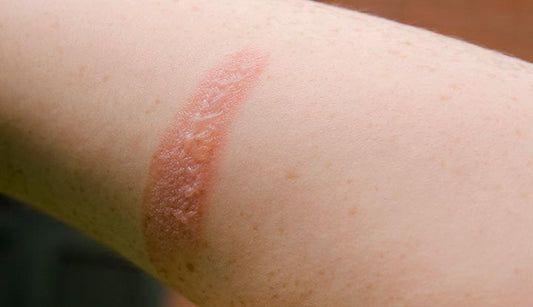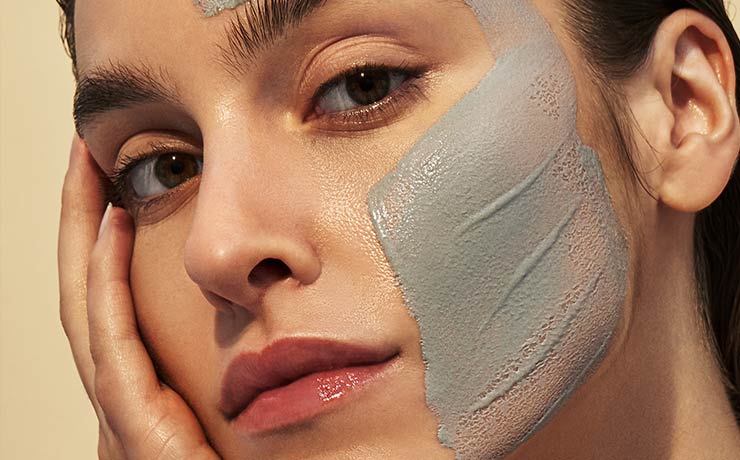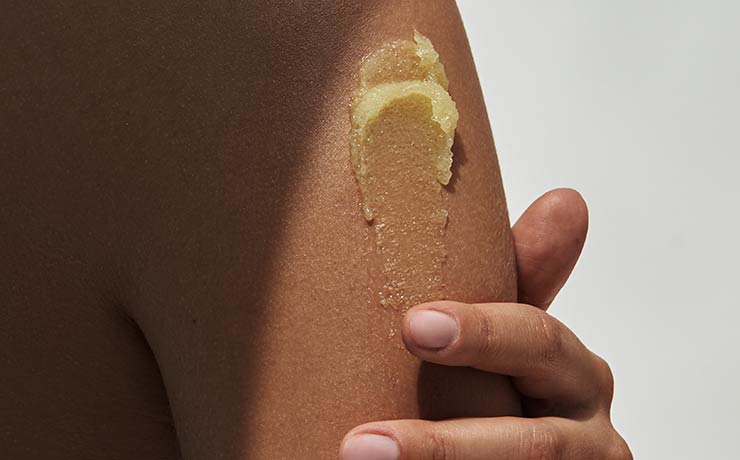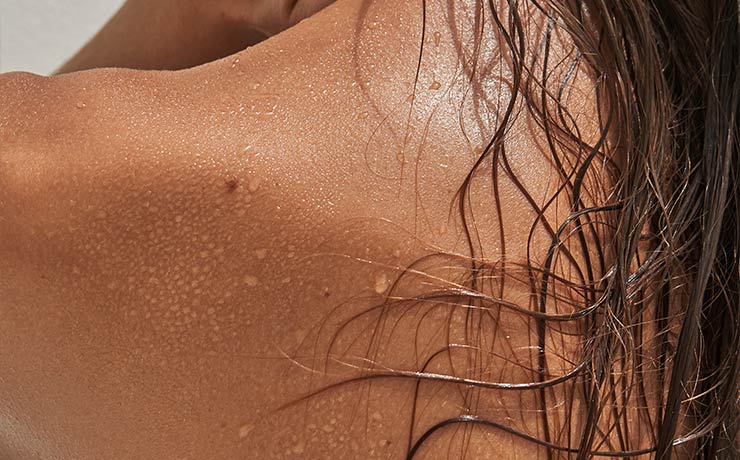Keratosis Pilaris (QP) and topical collagen cream: Can they work together to reduce symptoms?
If you have small red bumps on your skin that feel rough to the touch, especially on your arms, legs, buttocks, or face, you may have keratosis pilaris (KP). The condition, also known as "goosebumps" or "chicken skin," is very common and not harmful, but it can be a cosmetic problem and cause discomfort. Therefore, many people seek treatments that can improve the appearance and texture of the affected skin. One option that has become popular is topical collagen cream, which is touted as a miracle skin-improving ingredient. But is it really effective for QP? In this article, we'll explore the relationship between QP and topical collagen cream, and whether working together can help reduce symptoms.
What is keratosis pilaris and how is it treated?
Before we delve into topical collagen cream, it's important to understand what keratosis pilaris is and how it's commonly treated. PK is a common skin condition that affects around 40% of adults and up to 50-80% of adolescents. It is caused by a buildup of keratin, a protein that protects the skin, in hair follicles, causing the formation of small, rough and sometimes inflamed bumps. KP is more common in people with dry skin, eczema, atopic dermatitis, or ichthyosis vulgaris, and it can also run in families.
Although keratosis pilaris is not harmful and does not require medical treatment, it can be a cosmetic problem that causes embarrassment and anxiety. Therefore, many patients seek treatments that can improve the appearance and texture of the affected skin. Common treatments include gentle exfoliation, adequate hydration, use of creams or lotions containing lactic acid, urea, salicylic acid, or retinoids, and light therapies such as lasers or phototherapy.
What is collagen and how can it help the skin?
Collagen is an essential structural protein found in the skin, bone, muscle, and other connective tissues of the human body. It is responsible for maintaining the elasticity, firmness and hydration of the skin, as well as promoting cell regeneration and tissue repair. As we age, the production of collagen in our body decreases, which can lead to the appearance of wrinkles, sagging, and other signs of aging.
To combat collagen loss and improve the appearance and health of the skin, many people use topical products that Can topical collagen cream help with keratosis pilaris?
Since collagen is important to the health and appearance of the skin, many people understandably look to topical collagen creams as an option to treat keratosis pilaris. However, there is little scientific evidence to support the idea that topical collagen can reduce the symptoms of PK. Most of the research on the effectiveness of collagen focuses on its use as an oral supplement, not a topical one.
Also, keratosis pilaris is a condition of the hair follicles, not the skin itself. Therefore, applying a collagen cream to the skin's surface is not likely to have a direct effect on keratin buildup in hair follicles. Instead, topical creams containing lactic acid, urea, salicylic acid, or retinoids may be more effective at smoothing and exfoliating the skin, which can improve the appearance of PK bumps.
What is the best way to treat keratosis pilaris?
While there is no cure for keratosis pilaris, there are several treatments that can help reduce symptoms and improve the appearance of affected skin. Here are some common treatment options:
1. Proper hydration
Keeping the skin well hydrated can help reduce dryness and itchiness associated with keratosis pilaris. Use thick, moisture-rich creams or lotions after a bath or shower, and avoid hot water and cleansers that can dry out skin.
2. Gentle exfoliation
Gentle exfoliation can help remove dead skin cells and reduce keratin buildup in hair follicles. Use a gentle scrub or soft sponge to gently massage the affected skin areas during a bath or shower.
3. Topical creams
Creams or lotions that contain lactic acid, urea, salicylic acid, or retinoids can help smooth and exfoliate the skin, reducing the appearance of PK bumps. These ingredients can also help hydrate the skin and reduce inflammation.
4. Light therapy
Light therapy, such as laser or phototherapy, can help reduce inflammation and improve the appearance of skin affected by keratosis pilaris. However, these treatments can be expensive and require multiple sessions to get significant results.
Conclusion
Although collagen is important for the health and appearance of the skin, there is not enough evidence to support the use of topical collagen creams as a treatment for keratosis pilaris. Instead, it is recommended to use creams or lotions containing lactic acid, urea, salicylic acid, or retinoids to soften and exfoliate the skin, as well as maintain good hydration and gentle exfoliation. If you're dealing with keratosis pilaris, talk to your dermatologist to find the best treatment for your skin.
FAQs
-
Is keratosis pilaris contagious? No, keratosis pilaris is not contagious and cannot be spread from person to person.
-
Does keratosis pilaris go away with age? Keratosis pilaris may fade with age, but some people may have persistent symptoms throughout their lives.
-
Is it safe to use topical collagen creams on the skin? Yes, it is generally safe to use topical collagen creams on the skin. However, it is important to read the labels and follow the instructions for use.
-
Does sun exposure worsen keratosis pilaris? Excessive sun exposure can worsen keratosis pilaris and cause further damage to the skin.
-
Does keratosis pilaris affect everyone in the same way? No, keratosis pilaris can affect people differently and can vary in severity and location on the body.

























































































































